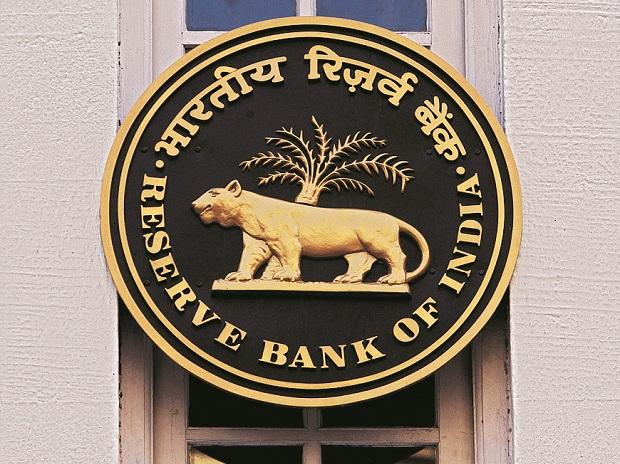Safe haven assets such as gold, long-dated US treasuries and Japanese Yen were the best performing asset classes last month. In contrast, risk assets such as equities, commodities and emerging market (EM) currencies fell. Also, the US 2Year (Y)-10Y yield curve inverted, leading to a spike in recession fears.
To boost the flagging economy, the Finance Minister announced a series of measures during the month to address growth concerns. The surcharge on capital gains for both domestic and foreign investors announced in the Union Budget on July 5 was reversed. Around 40 per cent of foreign portfolio investors (FPIs), which follow the ‘Trust’ route, were impacted by the surcharge.
Other measures were also announced to address interest rate transmission, improve liquidity and credit flow and the auto sector slowdown. Later in the month, the government announced the amalgamation of ten Public Sector Banks into four, aimed at leading larger banks with bigger balance sheets and benefits from merger synergies to revive credit growth in the economy.
Indian equities showed no signs of recovery as a weak earnings season and poor macro data prints continued to dampen spirits. The NIFTY, NSE Mid and NSE Small Cap Indices fell 0.9 per cent, 1.7 per cent and 1.4 per cent, respectively.
Despite the doom and gloom, the silver lining for investors are reasonable valuations, especially for small and midcaps, and a reasonable base for H2 earnings. Since the peak of January 18, the NSE Mid Cap Index has corrected 25 per cent whereas the Small Cap Index has corrected 40 per cent. NIFTY, on the other hand, is up 6 per cent for the same period. The NSE Small Cap Index trades at 15.0x on Positive PE basis; NIFTY, trades at 21.0x positive PE. The gap between NIFTY and small Cap returns from January 18 is around 46 per cent, which can give an attractive entry point for long term investors, notwithstanding the short-term headwinds.
Bonds continued to rally in August on positive domestic as well as global cues as the government refrained from announcing any fiscal stimulus to arrest the slowdown, while global growth concerns continued to linger on the US-China trade stand-off.
Both macro and micro frameworks remain reasonably bond bullish and we are happy to continue to participate, although our instruments of choice may keep shifting depending upon relative value within the core interest rate buckets (AAA/SDL/sovereign).
Our preference for duration building is now via sovereign papers, given the very benign supply environment for government bonds that is likely to come over the second half of the financial year. This may also help further compress term spreads of sovereign versus repo, which otherwise have generally been quite elevated since late 2017 owing to diminishing risk appetites and excess supply overhang.
As always, investments need to be considered in 3 buckets of liquidity, core and satellite. In our view it remains a very constructive environment to continue to allocate to AAA front end that chiefly forms part of the core allocation bucket.
(IANS)
